#asa yoruba
Explore tagged Tumblr posts
Photo
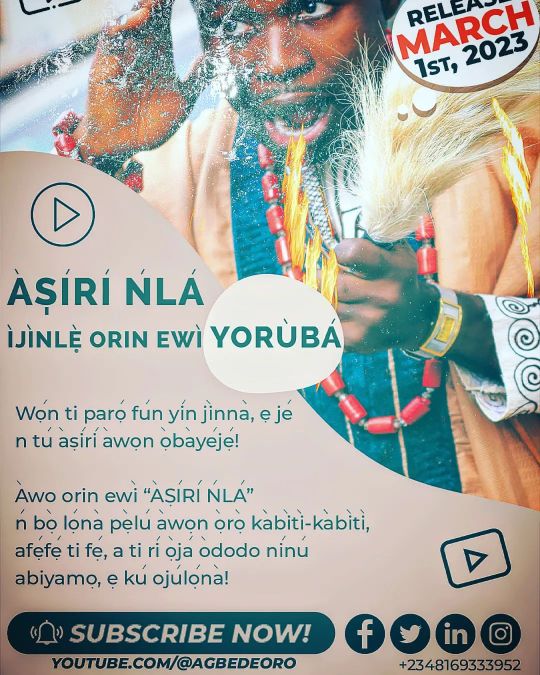
💙🎶🎧TRACKS INCLUDE: 1. #ASIRI #KERESIMESI 2. ASIRI #METALOKAN 3. #IRANTI #IKU #KRISTI #2023 4. ASIRI #ISE #OKUNKUN 5. ASIRI #OWO 6. #E #SEUN 🤍🤍🤍🎼🌐🎵 https://youtube.com/@agbedeoro To be notified when the album is released, please subscribe to my YouTube channel and turn on the notification bell icon https://youtube.com/@agbedeoro E KU OJULONA❤️❤️❤️ #Ewi #yoruba #exponent #akewi #asa #owe #alohun #2023 #Christmas (at Lagos, Nigeria) https://www.instagram.com/p/CpKPh6eNblG/?igshid=NGJjMDIxMWI=
#asiri#keresimesi#metalokan#iranti#iku#kristi#2023#ise#okunkun#owo#e#seun#ewi#yoruba#exponent#akewi#asa#owe#alohun#christmas
0 notes
Text
TW: Anti-Black American rhetoric
So the ASA club at Howard University has been exposed for its former president and current members calling Black Americans, akatas.


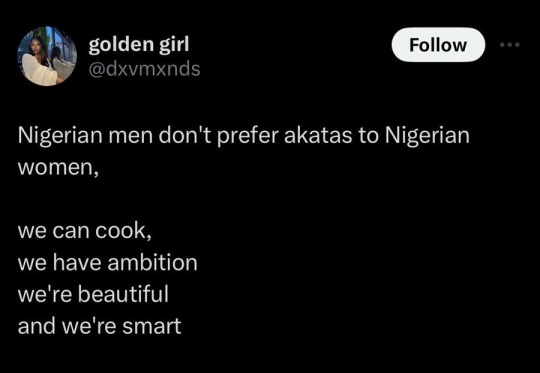
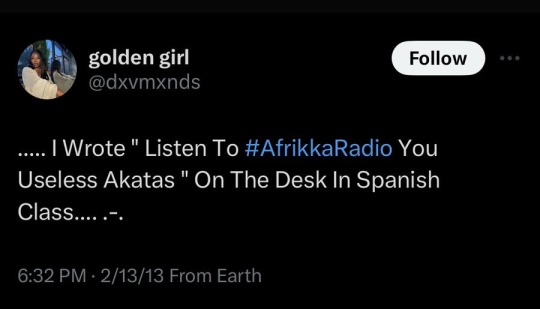
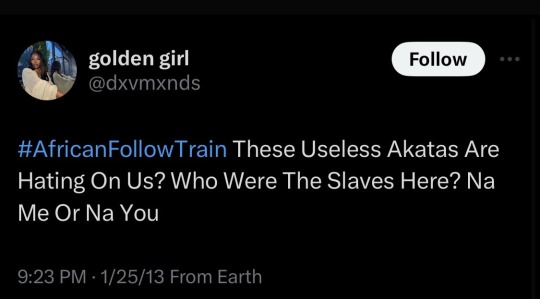

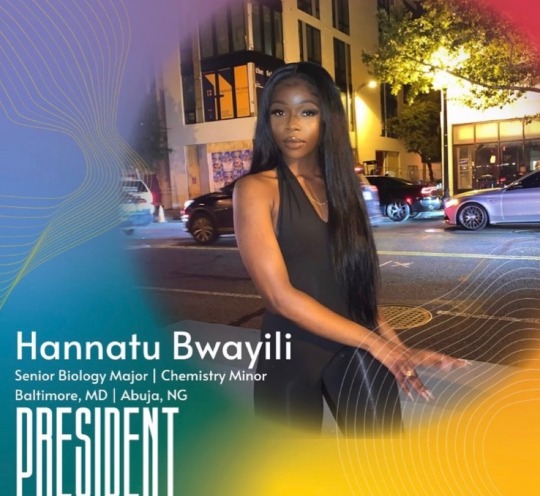
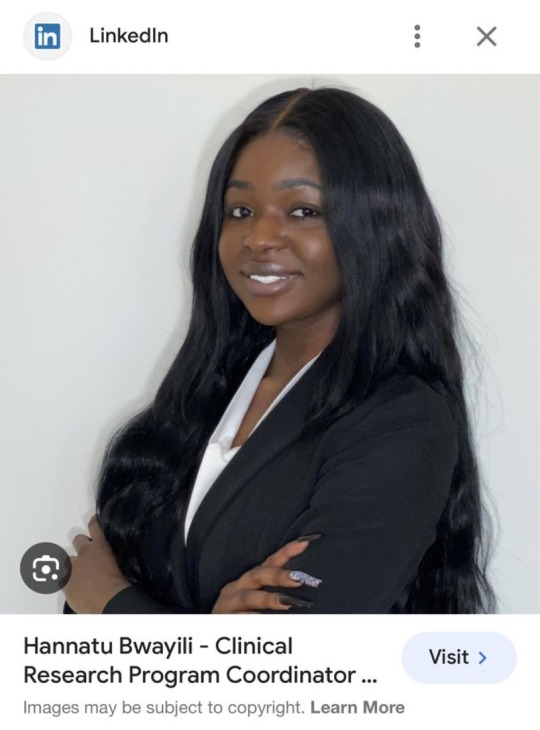
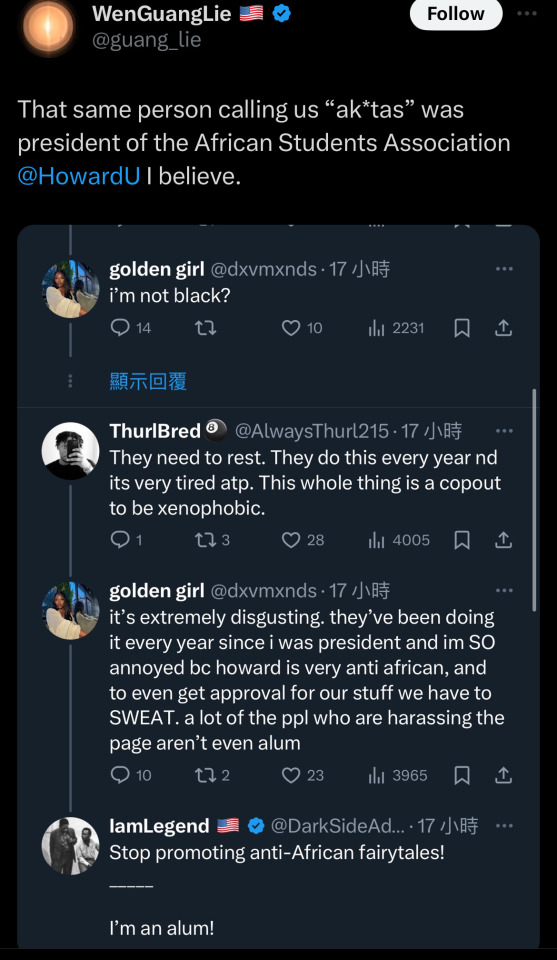
I’ll reblog the rest of the information because tumblr only allows 10 photos, but how dare you come into our institutions and call us akatas. If you really feel that way about us, then take your akata hating self back to Nigeria(because from what I’ve researched the word akata is of Yoruba origin) and go be with your own people if you hate us being around us so much.
This type of behavior has been going on for over a decade in that organization and within Howard University.
18 notes
·
View notes
Text
HONORING THE ANCESTORS~☥
WE POUR LIBATION for our parents (if they have made their transition) and grandparents, who walked this Earth with pride and dignity. It is they who made a way when there seemed to be no way.
WE POUR LIBATION for the Twa, Ethiopians, Egyptians/Kemetians, Ashanti, Dagon, Ibo, Yoruba, Swazi, and, the Zulu, to name a few. We pour libation for those Ancestors who were lost and killed during the voyage of the Middle Passage. We pour libation for those who suffered the cruelty of the horrible institution of slavery, racism, segregation, and oppression in North America, South America, The Caribbean Island, the Middle East, and throughout the World.
WE POUR LIBATION for our great African Revolutionary Leaders like Patrice Lumumba, Amilcar Cabral, and Kwame Nkrumah. We pour libation for our giant visionaries like Harriet Tubman, Frederick Douglass, Nat Turner, W.E.B. DuBois, and Sojourner Truth. We pour libation for our leader Marcus Garvey, who worked for African Liberation.
WE POUR. LIBATION for our strong Sisters like Ella Baker and Fannie Lou Hamer, who taught us that we who believe in FREEDOM cannot REST.
WE POUR LIBATION for our intellectual giants like Drs. Cheikh Anta Diop, Frances Cress Welsing, Ben Jochannan, John Henrik Clarke, Asa G. Hilliard III, Ivan Van Sertima, Jacob H. Carruthers, Amos Wilson, others.
WE POUR LIBATION for our warrior, and brilliant intellect of brother, Malcolm X, who told us never to place any restrictions on what we will do to achieve full LIBERATION. We pour libation for our courageous brother Martin Luther King Jr., who taught us his noble values of selflessness and love.
WE POUR LIBATION to those Sentient Beings who touched the soul of our people through the vibration of their sounds/music. Just to name a few, Illuminating giants like John Coltrane, Bob Marley, Fela Kuti, Gil Scott Heron, Tupac Shakur, and others.
Ancestors, we praise and honor you, and may your spirits be filled with LIGHT and PROGRESS; and may that LIGHT eternally guide us through the FEAR and IGNORANCE of our time, for it is you who we pour LIBATION.
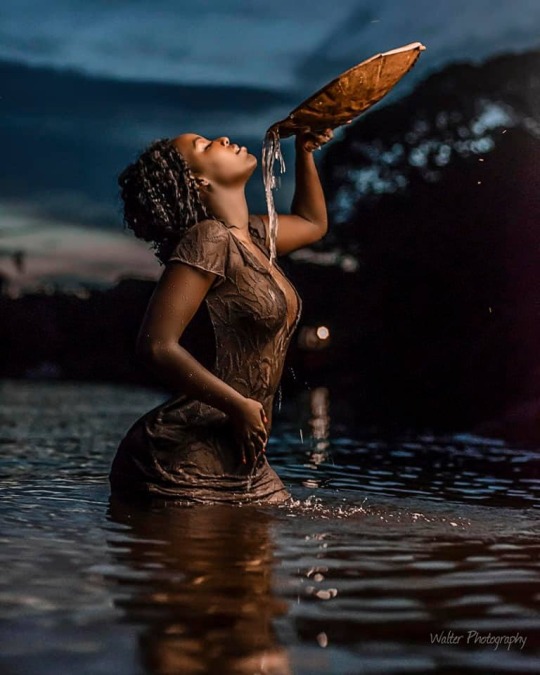
41 notes
·
View notes
Text
INTERNATIONAL WOMEN’S DAY: THE WOMEN IN NIGERIAN MUSIC
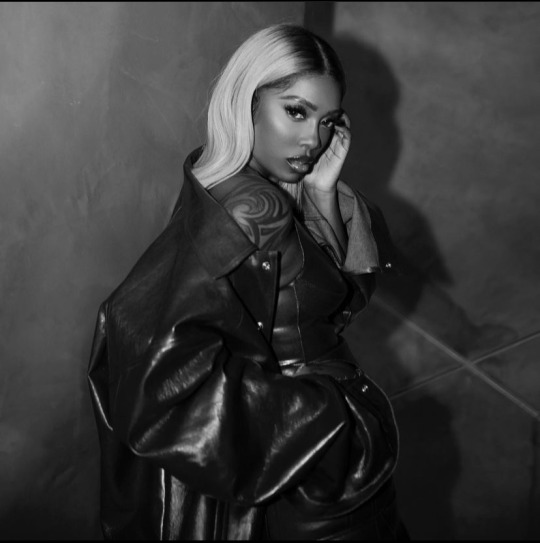
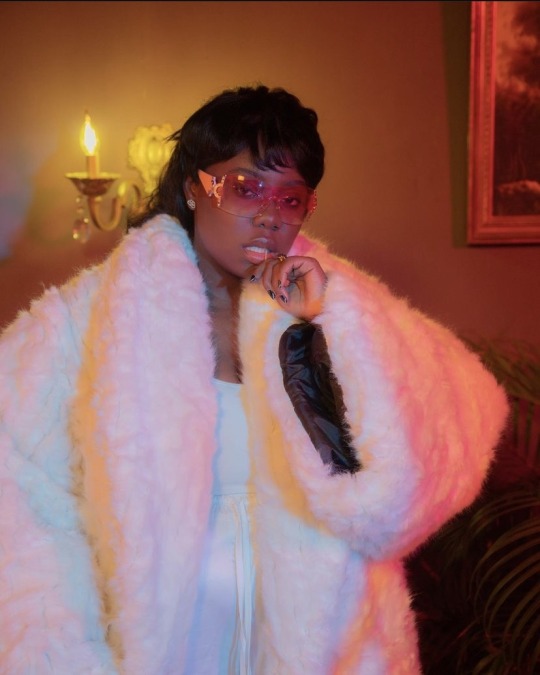
Nigerian music’s history is beautifully storied, and like every great story has had heroes pop up at different times, each handing the baton of Nigerian culture from one generation to the next and laying a small piece of the success it enjoys today. When magnifying glasses are placed on Nigeria's music with the intention of highlighting its most significant contributors, it is very common for our women to get left out. The reasons for this oversight—the relative scarcity of female acts in comparison to male counterparts—is no excuse. If anything, the women who have made their fair share of efforts to shape our music deserve a bigger spotlight, for they had to overcome the more prominent barriers to get there, barriers placed by a patriarchal society and increase the further back you go in our history. Barriers that have not been completely cleared even today.
With today's women breaking and setting records across gender lines, the International Women's Day of 2023 presents a poignant opportunity to document the strides our women make in modern music, while highlighting in retrospect the talented, underreported women who came before.
While Fuji music and its lesser-known affiliate, Apala, were dominating the local scene in the '70s and bringing to their creators like Wasiu Ayinde Marshall, Ayinde Barrister and Ayinde Kollington national fame, another Yoruba-Islamic genre, Waka, was traditionally performed by female artists. It was drawn from Alasatu, a Yoruba genre with strong Islamic and Arabic influences, and Alhaja Batile Alake fashioned Waka out of it, allowing the genre to escape the confines of religion and tribe. Another prominent female singer, Alhaja Salawa Abeni, built on this, bringing Waka to national platforms and beyond.
The Ladiju sisters (or twins) are a pair of female artists whose contributions to Nigerian music remain timeless. Their debut album, Iya Mi Jowo, was released in 1969, and they went on to release 5 more albums that were ahead of their time in content and sound, as they drew from a wide pool of influences that included foreign sounds like Jazz and Rock as well as the indigenous like Waka and Fela Kuti’s Afrobeat.
Across the Niger, the women of South Eastern Nigeria were making similarly impressive strides of their own. Nelly Uchendu is most famous for her Love Nwantiti album of 1976, especially the eponymous lead single. She was not the only Igbo songstress to be renowned for her singing prowess. The “Elegant Stallion”, Onyeka Onwenu excelled even beyond writing and performing music, as she took up roles as an actress, worked as a broadcaster and even delved into politics as part of a storied career, putting to bed question marks placed over a woman’s capability. Christy Essien-Igbokwe chose to put her inspiring messages of woman empowerment and Nigerian advocacy into song, and these female artists performing at the top level helped imprint in the next generation that chauvinistic gender roles were a thing of the past.
Modern Nigerian (Pop) music, or Afrobeats, has featured a larger share of women at the highest echelons at every stage, and it must be acknowledged that they have all but caught up in terms of individual star power.
Weird MC was one of a few artists to first nationalise American hip-hop spirit. Her 1996 album, Simply Weird, and its standout track, "Allen Avenue", helped dress up rap music in the Nigerian clothing it decks today. 2006's "Ijoya" took her popularity a lot further, and it remains a timeless classic to this day. Asa's musical inclination was similarly unconventional, but it lay at the other end of the spectrum, as her R&B/Soul-powered eponymous debut album announced the entry of a new star. With it she strengthened her image abroad, ensuring that she enjoys today an audience beyond the shores of Nigeria. Thankfully her talent came with longevity, and her most recent album, released in 2022, still serenades Nigerians like her first effort did 15 years before.
Subsequent acts would hone in on conventional Nigerian pop, which they coloured with their honeyed vocals. Omawunmi made her debut with 2009's Wonder Woman, fresh off becoming a runner-up on Nigerian Idol where she had launched a prototype of her career. With singles like "In The Music", "Bottom Belle" and "If You Ask Me", her star appeal was never in doubt, and with her most recent album Love Deep High Life only two years old, her diminished popularity should not be taken for hibernation. Waje, another singer blessed with incredible vocals, emerged around the same time, first making a guest appearance on Psquare's "Do Me" in 2008 before songs like "So Inspired" and "For A Minute" served as a proper entry into the scene. Just like Omawunmi, she remains an active member of Nigerian music's ranks, as her latest album, "The Misfit", debuted last year.
At the turn of the decade, Tiwa Savage moved in from the UK, pitching her tent with Don Jazzy's Mavins Music after she had spent the last few years providing back up vocals to icons like George Michael and Mary J. Blige. Her adaptation did not take long, as her superb debut album, Once Upon A Time,—with songs like "Kele Kele Love", "Eminado" and "Without My Heart"—showcased equally her supple songwriting and her silky, yet powerful delivery. She is one of a few acts in Nigerian music, across gender lines, who have ruled the last decade in near-constant influence, and with her ability to tie effortlessly into new and trendy music (see: "Loaded" with Asake and " Who's your guy" remix with Spyro), there is still a lot more to come from the songstress.
Seyi Shay is another act that shares a common history of finding her feet in music in the United Kingdom. She moved to Nigeria at about the same time, and her first steps here—"Irawo" and its Vector-assisted remix; the Loving Your Way EP; and her debut album, Seyi Or Shay—were very well received by the Nigerian audience. Her most recent release, 2021's Big Girl, came with positive acclaim, especially its titular lead single. Yemi Alade's "Johnny" brought with it an impact that every artist desires for their breakout single, and to this day its video continues to accumulate astronomical numbers as more and more people from around the world discover the self-styled Mama Africa. To strengthen her claim to this title, she has released music in a variety of African languages, allowing her to tap into diverse cultures and strengthen her continental profile.
Simi, the woman with the voice that soothes sometimes and strikes other times, also made her debut in the half decade between 2010 and 2014, a time period that supplied female acts in buckets, some of whom still enjoy a continued presence at Nigeria's top flight. She debuted in 2014 with "Tiff", doubling down on this entrance with "Jamb Question" in 2015 as she checked 'playful storytelling' as part of her skillset. With each album since then she has gone on to provide an inspiration to any female acts entering the industry. Sisters Niniola and Teni share little more than a surname, but their varied musical paths have individually brought them to the top flight of Nigerian music's roster. Niniola was one of Nigeria's first adopters of House music, though some articles on the subject will disrespectfully leave her out altogether. Her accolades speak for her though, and she earned a Grammy songwriting certificate via 2017's Maradona, which Beyoncé sampled for her Lion King: The Gift album. Her most recent EP, Lagos to Jozi, builds on her vibrancy and innovation, weaving Nigerian slang into South African beats for a dance-ready project.
Her sister, Teni, is the more exuberant artist off-stage, and her music is a more straightforward affair involving Nigerian Pop rhythms and love-strung writing. Clearly a vigorous romantic, 2018's "Case" outlined the lengths she was willing to go to for love, while 2019's "Power Rangers" imagined herself as a superhero coming to her lover's rescue. She also has an inspiring side, as revealed by "Uyo Meyo", and a balance of these two has driven her to recognition in Nigerian music.
The biggest strides taken for Nigerian women in music, especially on the international stage, would come on the wings of one of its newest entrants. 27 year old Tems has achieved in four short years what would be an impressive resumé for an artist's entire career—a Grammy win, an Oscar nomination and collaborations with some of the biggest artists in the world. All this is made that much more impressive by the fact that she is still yet to release a debut album, and when it arrives later this year it is expected to push her career to unprecedented heights.
Behind Tems are a band of other female acts. Young, talented and eager to break down what is left of Nigerian music's gender tilt and level rhe playing field. Ayra Starr's exploits in Mavin records have produced an EP and an album, and with them she's made a name for females and teenagers in Nigerian music. While this is only a summary of the very many women that have graced Nigerian music for years, it is hoped that with other young acts like Fave, Liya, Guchi and Bloody Civilian making their way up the ladder, next years International Women's Day will feature an even lengthier list than this.
This article was written by Afrobeats City Contributor Ezema Patrick - @ezemapatrick (Twitter)
Afrobeats City doesn’t own the right to the images - image source: Instagram
#afrobeats#afrobeats city#afrobeats london#african music#uk afrobeats#nigeria#nigerian music#iwd#iwd23#music#tiwa savage#international women's month#article#music article
24 notes
·
View notes
Text
List Of Ajegunles In Oodualand (Yorubaland)

LAGOS STATE: Ajegunle, Ajeromi/Ifelodun LG Ajegunle, Alimosho LG OSUN STATE: Ajegunle, Ife South LG Ajegunle, Obokun LG Ajegunle, Ola Oluwa LG Ajegunle, Olorunda LG Ajegunle, Orolu LG Ajegunle, Ayedaade LG Ajegunle, Boluwaduro LG KOGI STATE: Ajegunle, Ekinrin Ade, Ijumu LG OGUN STATE: Ajegunle, Ifo LG Ajegunle, Ipokia LG Ajegunle, Yewa.S LG Ajegunle, Ado Odo/Otta LG Ajegunle, Ewekoro LG Ajegunle, Ikenne LG Ajegunle, Odeda LG Ajegunle, Sagamu LG ONDO STATE: Ajegunle, Ondo.W LG Ajegunle, Idanre LG Ajegunle, Ilaje LG Ajegunle, Ile Oluji LG Ajegunle, Odigbo LG Ajegunle, Ose LG Ajegunle, Akure South LG Ajegunle,Okitipupa OYO STATE: Ajegunle, Ibarapa North LG Ajegunle, Afijio LG Ajegunle, Atiba LG Ajegunle, Oriire LG Ajegunle, Surulere LG Ajegunle, Ibadan North LG Ajegunle, Ogbomoso.S LG EKITI STATE: Ajegunle, Efon LG Ajegunle, Ise/Orun LG KWARA STATE: Ajegunle, Asa LG Ajegunle, Ifelodun LG Ajegunle, Offa LG Ajegunle, Irepodun LG Ajegunle, Isin LG Ajegunle, Moro LG Ajegunle, Ilorin South LG
All the states in Oodualand (Yorubaland) have at least one town or village named Ajegunle.
Most have more than one. One very interesting and unique feature which cements the identity of oneness in the entire Oodualand (Yorubaland) is the re-occurrence of town names across the entire Yoruba landscape. These repetitions are because of ancient movements and migrations of people, as well as the dynamic interrelationships between the old founding members of Oodualand (Yorubaland). Another reason is because all these towns named Ajegunle all belong to members of the same ethnic group (Yoruba) speaking the same language. Many named their towns 'Ajegunle' even without any prior knowledge that any other Ajegunle existed elsewhere. It was just a good name in their language and they used it. Read the full article
2 notes
·
View notes
Text
Aroso ati Asa Igbeyawo Yoruba Primary 4 First Term Lesson Notes Week 3
Yoruba Primary 4 First Term Lesson Notes Week 3 Subject: Yoruba Class: Primary 4 Term: First Term Week: 3 Age: 9 years Topic: Aroso ati Asa Igbeyawo Sub-topic: Aroso: Ijiroro ati Ariyanjiyan; Asa Igbeyawo: Igbese ati Orisii Igbeyawo Duration: 1 hour Behavioural Objectives By the end of the lesson, pupils should be able to: Engage in simple discussions and arguments in Yoruba. Understand and…
0 notes
Text
Akata is a Yoruba word that has multiple meanings. It can mean a stray cat, a wild animal or someone who grew up outside the tribe and adopted foreign values.
The word also means one who gathers or collects in Yoruba1. During colonialism, the meaning of Akata increased to include stray cat or fox and was used to refer to white people.
In some contexts, Akata means jackal or wildcat in Yoruba and is used as a derogatory word by Nigerians and Nigerian/Yoruba immigrants to insult African-Americans
At a recent Umu Igbo Unite (U.I.U) Atlanta cooking event. An unfamiliar face was walking around with a power camera snapping away at everyone. I vaguely remembered she got my shot somewhere during the 'meet-and-greet' phase of the gathering. But a little afterward, as I sat and chatted with friends, this sister came around, again, snapping and flaunting her flashy camera. Not quite sure who she was, I inquired of the guy next to me; "biko onye bụkwa asa a?'' I did lower my voice, and asked in Igbo, for a reason. But to my surprise, not only did the girl with the camera hear me but she also understood Igbo and knew I was talking about her. As I took my first dip of jollof rice, she came charging toward me; ''did you just call me 'Akata?'"
"No, no, no, no, no," I said apologetically, "I said 'Asa,' not 'Akata!'" I had to clarify, and reassured her that I said, 'Asa,' (chic) not 'Akata.' She had 'misheard' me (if that's a word). I did all I could to defuse the tension and as she mentioned her name we found out we were friends! She's my Friend, Ugo. (Yes, we had been friends on this website that has redefined friendship). "Hello Ugo, I'm Obie." "We're friends on Facebook." "Oh yes, that's you...!" Trouble averted, hugs and more smiles :)
So, what does 'Akata' really mean and why it such an offensive word? The first time I heard the word here in the U.S. was in 2006, from a Gambian. I was confused because I wasn't expecting an Igbo word from him. I couldn't make any connection whatsoever. With the passage of time, I realized that this Igbo word had other connotations. Yes, Akata is an Igbo word but it has a different meaning here in America because Akata, as used here, was introduced from another language –and the meanings are not even close.
I cannot speak to the etymology of the word, any shades of meanings it might have, or what part of the Igbo dialect it came from. But growing up in Enugwu, this was a word I remember me and my teenage friends using. In general, it's not a bad word. It denotes something/someone tough. For all I know, it's an abbreviation of the word, “Atakata,” which derives from the phrase, “a takata a gboo” (you keep chewing until you have to spit it - because it's too tough to grind). To call someone Akata in Igbo was to suggest that he/she is someone you don't want to mess with –a tough guy! Its pidgin equivalent was “tear head.” Akata was not a derogatory word. If anything, it was a compliment. I can guarantee that the Igbo meaning has nothing to do with “craziness” and other American interpretations. In Igbo, Akata doesn’t mean crazy!
I have since come to understand that Akata, as used in America, comes from the Yoruba language and refers to a “fox,” “wild dog,” " I stand to be corrected. As for that derogatory term, I am vehemently opposed to the use, and to the underlying idea of that terminology on anyone!
In Igbo, however, “Akata,” “Atakata,” and “a takata a gboo” are compliments. As I remember it, the last person I called Akata was Vincent Enyama. In his prime as the goalkeeper of Nigeria's national football team, no one could get a ball past him! Not even Messi. Enyama was impervious. He's my type of Akata!
But here in the United States, there's another use of the word that is not of Igbo origin. In America, "Akata" is a disparaging term, generally used by African immigrants to deride Foundational Black Americans. I find it counterintuitive that some of us who migrated from Africa find it quite convenient to apply such a negative term to our people that were here before us; that built up this country under the most inhumane treatments; and who through the Civil Rights Movement earned the rights and privileges that we have come here to benefit from. I'm not sure if the late Civil Rights icon, John Lewis is also "Akata" in the books of those who use that label. But remember that in the 1960s and 70s, it was not our parents, uncles, and aunties marching and risking their lives to bring about the changes in American society that make our presence possible. Without the likes of John Lewis shedding his blood for us, without the likes of the four little black girls being bombed to death while in a Sunday School bible study, without many "Akata" boys and girls letting themselves be beaten by the police, bitten by police dogs, water-hosed; without the John Lewises of this world getting in good trouble, you and I might never dream of the few concessions granted to Blacks.
It does not look like Blacks are having a rosy life in America. But it used to be a whole lot worse before some "Akatas" decided to challenge the status quo. As the great John Lewis put it, "When people tell me nothing has changed, I say come walk in my shoes and I will show you change." It is fair to imagine that some of us who call our brothers and sisters "Akata" cannot muster the courage to fight half the fights that "Akatas" have fought and won for humanity's sake. Granted, there are cultural differences between peoples based on socialization and enculturation. Regardless of how deep those differences might be, we must never forget that we who migrate from Africa are not all saints and that every society has its share of good and not-so-good people. Rather than label our brothers and sisters as "Akata," we should appreciate the road they have passed through to get us all to where we are in today's America. We owe them a debt of gratitude! Even if you choose to disagree with me, just sit back and imagine walking in their shoes.
0 notes
Text
By • Olalekan Fagbade Take Isese festival elsewhere- Islamic council warns traditional worshippers The Council of Ulama (Islamic clerics) in Kwara State on Tuesday warned those planning to celebrate traditional religion or Ifa festival in Ilorin, the state capital, to retrace their steps. The council warned that Ifa festival, under any guise, would not be allowed in any part of Ilorin Emirate, comprising Asa, Moro, Ilorin East, Ilorin West and Ilorin South local government areas. The executive secretary of the council, Justice Salihu Mohammed made the position of the council known at a press conference held in Ilorin. Mohammed, a former Grand Khadi of Kwara state Sharia Court of Appeal spoke on behalf of the chairman of the Council of Ulama and Chief Imam of Ilorin, Sheik Bashir Salihu. The Secretary who said that Ilorin, Kwara State capital was known as sanctuary of Islam for more than 200 years and renowned for Islamic faith, practice, Spirituality and Knowledge stated that the insistence of the youth wing of the International Council for Ifa Religion( ICIR) to hold their festival in Ilorin on August 20th 2023, posed danger to the security of lives and property across the state. “It is in the light of this that we have found it extremely necessary to plead with the Kwara State government and all stakeholders to appeal to the ICIR and similar interest groups to stay away from Ilorin as available evidence convinced us that the staging of the event in Ilorin would have a serious negative consequence on the peace of Kwara State. “We are not unmindful of the pillage of aspersions and insults mounted on our father, the Emir of Ilorin and chairman, Council of Emirs and Chiefs in Kwara State, Alhaji Ibrahim Sulu-Gambari by individuals that are expected to know better, which are unfortunate, condemnable and inexcusable. “We don’t think any individuals or group has anything to gain from destruction of the harmonious coexistence. The people of Ilorin Emirate, particularly the Kwara State Council of Ulama cannot be coerced by any person or group of persons claiming to be representing intellectualism or atheistic practices to destroy what our forefathers have fought for. “As community and opinion leaders in our various places of abode, we are not unaware of the readiness of various youth groups never to allow the staging of the so called ‘isese’ festival anywhere in Ilorin . “To them, such activities would pollute the peace and tranquillity of the community as it is also been seen as invasion and an act of cultural imperialism. “We as leaders, see merit in the position of the Muslim youths. We sincerely believe that it is unwise and wrong for non residents of a community to forcefully impose imported thoughts or practices on their hosts .This is repugnant to natural justice and it will certainly lead to the brake down of law and order.” “We must make it abundantly clear that we are not against the celebration of isese festival. What is important to let the whole World know is that we , the people of Ilorin, have absolutely nothing to do with it. We understand the motive of their sinister and abominable move but warn that Ilorin have moved on. “The Emirate might be a Yoruba speaking city, it must be realized that its present culture is no longer that of Yoruba, Hausa, Fulani, Nupe or any other, but purely an Islamic culture. We therefore advise that they should allow peace to reign across Nigeria. All we are saying is that it should not be held where the celebrators and celebration would not be welcomed. Ilorin is certainly not among the places that should be considered for such a festival if the organisers are patriotic and well meaning”, Mohammed said. While appealing to Muslim youths and other stakeholders to exercise patience, Mohammed appealed to Kwara state governor, AbdulRahman AbdulRazaq, ” to direct all the security agencies in the state to take note of this threat to the peace and security of the state .
A stitch in time saves nine.” At the press conference were the Imam Gambari, Ajanasi Agba, Sheikh Yusuf Pakata, Professor Badmas Yusuf, two former grand Khadis, Justices Idris Haroon and Ola AbdulKadir; former president of Ilorin Emirate Descendants Progressive Union (IEDPU), Alh AbdulHamid Adi; and representatives of Imams and Alfas from all the 16 local government areas of the state. Recall that the Kwara state Police Command had advised the. International Council for Ifa Religion (ICIR) who are behind the planning of holding the Isese festival to relocate the event to another state as the security report did not favour the celebration of the festival in Ilorin. “Vigilante, local hunters, community policing members, and the leadership of the traditional worshippers in Kwara, along with some of their leaders from adjoining states, have also been dialogued with and made to understand that the intelligence available to the Police Command does not favor the kind of celebrations being planned by one of the religious sects in the state; they have been advised to relocate their celebration to another state pending a favorable security situation in the state, the Police Command said in the statement signed by SP Okasanmi Ajayi, Police Public Relations Officer (PPRO) on behalf of the state Commissioner of Police, Mrs Ebbunoluwarotimi Adelesi. #Ilorin #Isesefestival #muslimcommunity
0 notes
Video
#Repost @ibileojogbon • • • • • • Thank you so much @apataewi U welcome brotherly ❤️.. More years to celebrate 🎉.. 💕 #ibile #asa #culture #cute #lagos #girls #birthdaygirl #birthdays #ooniofife #yorubanimi #yoruba #bbq #music #a @bbcnewsyoruba @yorubahood #chanterelles #chanters #chanter #nigeria (at Lagos, Nigeria) https://www.instagram.com/p/CE55JfJnlpH/?igshid=1uira0ep3vuly
#repost#ibile#asa#culture#cute#lagos#girls#birthdaygirl#birthdays#ooniofife#yorubanimi#yoruba#bbq#music#a#chanterelles#chanters#chanter#nigeria
1 note
·
View note
Text
THE MUSE’S MOTHER.
general information:
FULL NAME: åsa vosijk
MAIDEN NAME: berglund
NICKNAME(S) OTHER NAMES: asha by her older brothers, a joking reference to her hair, the last part of her to begin fading in colour
DATE OF BIRTH: october 4th
NATIONALITY: maktahn
OCCUPATION: unemployed, wife of a blacksmith
RELIGION: polytheistic ( maktahn gods )
SEXUALITY: bisexual
appearance:
FACE CLAIM: sophie rundle
HEIGHT: 5′4″
WEIGHT: light, but not underweight until her sho addiction, during which time she loses weight rapidly
HAIR COLOUR: black
EYE COLOUR: blue
DISTINGUISHING FEATURES: it used to be her hair, which remained an almost glossy black until her early twenties
background:
HOMETOWN: london, makt
CURRENT RESIDENCE: near to the kosik, on the edge between the district and its only slightly more respectable neighbour
MARITAL STATUS: married / widowed
EDUCATION LEVEL: not much ; probably a very little basic literacy
FATHER: –– , deceased
MOTHER: –– , deceased
SIBLINGS: two older brothers and an older sister, one deceased ; several younger siblings who died in infancy
SPOUSE: oskar vosijk, deceased
CHILDREN: two sons, alox and holland
tagged by: stolen from the lovely @tentacleheir
tagging: @strangehungers @oflegendaries @stcrcrossd for muses of ur choice !
#two sidenotes : ive had this hc for months but oskar was a blacksmith and moderately successful#and 'asha' is the phonetic pronunciation of 'asa' which is a yoruba word and i /think/ a given name like åsa#which i have also learned references æsir / 'goddess'#so this is all cool#█ *゚∵ ❱ ❛ drowned herself in smoke » åsa.#vosijk family tag tba#█ *゚∵ ❱ ❛ everyone had secrets ; and holland wore his close » headcanon & meta.#addiction //#death //
2 notes
·
View notes
Photo
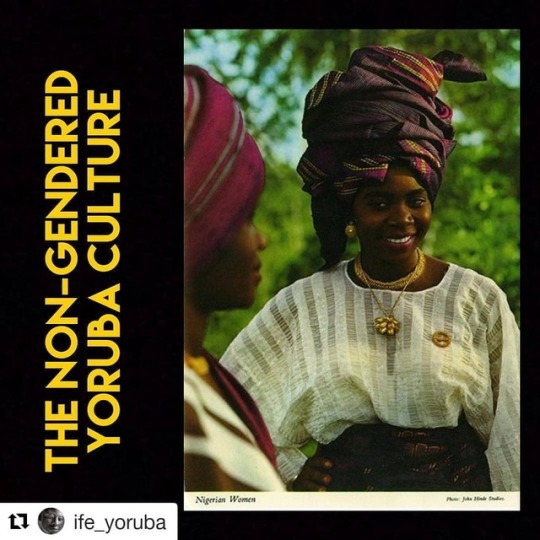
#Repost @ife_yoruba (@get_repost) ・・・ 3. The Non-Gendered Yoruba Culture Oyewumi (2004: 5-7) is of the opinion that the traditional Yoruba family is non-gendered because kinship roles and categories are not gender-differentiated.. According to her, the word ẹ̀gbọ́n refers to the older sibling and àbúrò to the younger sibling. The word, ọmọ, according to her, is best translated as offspring. With regards to the categories ‘husband’ and ‘wife’, ọkọ, which is usually glossed as the English husband is non-gender-specific because it encompasses both male and female. Ìyàwó, glossed as wife in English, refers to in-marrying females. The distinction between ọkọ and ìyàwó is not one of gender. It is based on lineage, which distinguishes between those who are birth members of the family and those who enter by marriage. The differentiation expresses a hierarchy in which the ọkọ position is superior to the ìyàwó. The hierarchy is not a gender hierarchy because even male ọkọ are superior to the female ìyàwó. In the same way, the category of ìyàwó includes both men and women. Devotees of the Orisa (deities), for example, are called ìyàwó Òrìṣà irrespective of their biological sex. ____________________ Even in grammar, where languages such as English clearly distinguish genders and mark them with such pronouns as ‘he’ or ‘she’ or ‘it’ as in (i) She went there for a female (ii) He went there for a male and (iii) It went there for non-human, Yoruba uses the pronoun ‘ó’ for each of them. Thus, the three sentences will be translated as Ó lọ (Oyewumi 1997: 33). _____________________ Among the Ondo-Yoruba, according to Ashcraft-Eason (1993: 92), Pupupu was said to be a female ruler who established the Ondo royal dynasty, probably in the ninth century. although the Ifẹ, Ọyọ and some other Yoruba hold their versions of the Ọ̀bàtálá-Odùduwà myth that Odùduwà was male, a feminine persona of this deity (Odùduwà) was significant in the mytho-history of the ondo-Yoruba . #yoruba #nigerian #nigeria #naija #omoyoruba #eledumare #lagos #ibadan #oyo #asoebi #ekiti #lasgidi #ondo #yorubaculture #ileife #ifa #oriki #asa #genderdynamic #nongendered #orisa
#ekiti#lagos#asa#orisa#genderdynamic#ileife#oriki#yoruba#asoebi#nongendered#lasgidi#yorubaculture#ondo#nigeria#repost#ifa#eledumare#omoyoruba#nigerian#ibadan#oyo#naija
1 note
·
View note
Photo
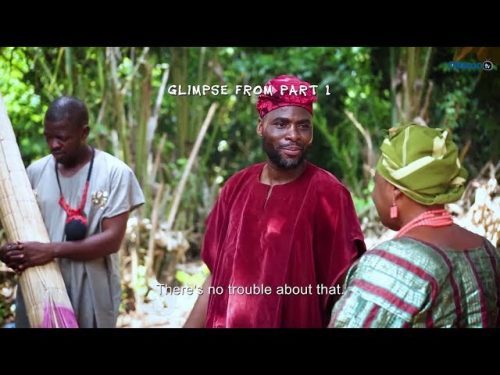
Asake Iyaloja Part 2 Latest 2019 Yoruba Movie Asake Iyaloja Part 2 Download 2019 Yoruba Movie A chieftancy title is open to a woman of admiration but unfortunately she's faced with an opposition from the person she least expect.
0 notes
Text
WE POUR LIBATION~❤️🖤💚
WE POUR LIBATION for our parents (if they have made their transition) and grandparents, who walked this Earth with pride and dignity. It is they who made a way when there seemed to be no way.
WE POUR LIBATION for the Twa, Ethiopians, Egyptians/Kemetians, Ashanti, Dagon, Ibo, Yoruba, Swazi, and, the Zulu, to name a few. We pour libation for those Ancestors who were lost and killed during the voyage of the Middle Passage. We pour libation for those who suffered the cruelty of the horrible institution of slavery, racism, segregation, and oppression in North American, South America, The Caribbean Island, the Middle East, and throughout the World.
WE POUR LIBATION for our great African Revolutionary Leaders like Patrice Lumumba, Amilcar Cabral, and Kwame Nkrumah. We pour libation for our giant visionaries like Harriet Tubman, Frederick Douglass, Nat Turner, W.E.B. DuBois, and Sojourner Truth. We pour libation for our leader Marcus Garvey, who worked for African Liberation.
WE POUR. LIBATION for our strong Sisters like Ella Baker and Fannie Lou Hamer, who taught us that we who believe in FREEDOM cannot REST.
WE POUR LIBATION for our intellectual giants like Drs. Cheikh Anta Diop, Frances Cress Welsing, Ben Jochannan, John Henrik Clarke, Asa G. Hilliard III, Ivan Van Sertima, Jacob H. Carruthers, Amos Wilson, and others.
WE POUR LIBATION for our warrior, and brilliant intellect of brother, Malcolm X, who told us never to place any restrictions on what we will do to achieve full LIBERATION. We pour libation for our courageous brother Martin Luther King Jr., who taught us his noble values of selflessness and love.
WE POUR LIBATION to those Sentient Beings who touched the soul of our people through the vibration of their sounds/music. Just to name a few, Illuminating giants like John Coltrane, Bob Marley, Fela Kuti, Gil Scott Heron, Tupac Shakur, and others.
Ancestors, we praise and honor you, and may your spirits be filled with LIGHT and PROGRESS; and may that LIGHT eternally guide us through the FEAR and IGNORANCE of our time, for it is you who we pour LIBATION!
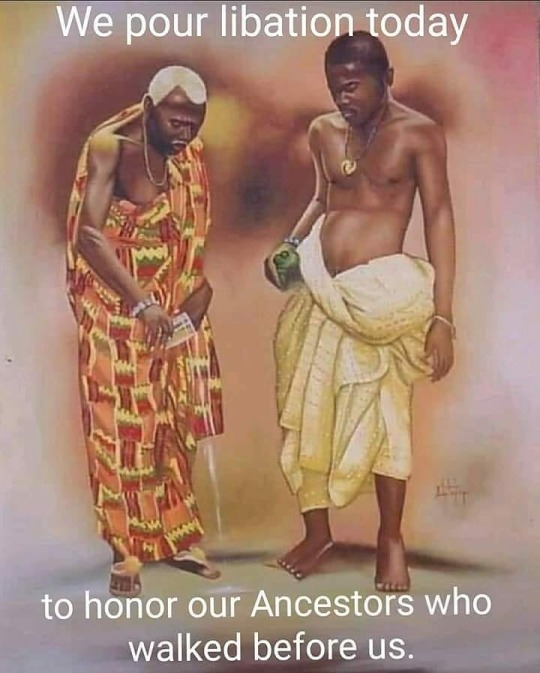
38 notes
·
View notes
Photo
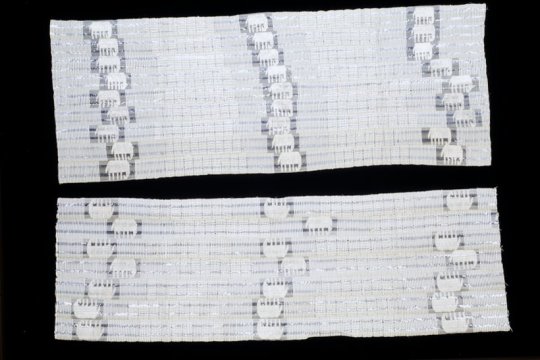
Asa Oke Elephant Pattern Wrappers, 20th century, Minneapolis Institute of Art: Art of Africa and the Americas
strip woven, with supplementary weft patterning Yoruba weavers and their clients in southwestern Nigeria consider hand-woven aso oke cloth to be among the most distinguished textiles. The name literally means “top cloth,” denoting a garment of high status. This length of contemporary aso oke includes shiny metallic lurex and silk rayon threads. Additional weft thread embellishes the cloth with elephant motifs. The elephant is an important animal in Yoruba thought, associated with majesty, wisdom, and physical and spiritual power. Size: 78.5 x 29.5 in. (199.4 x 74.9 cm) Medium: Rayon, lurex
https://collections.artsmia.org/art/26541/
4 notes
·
View notes
Note
question for impact reading: where will i be a year from now? thank you again! ❤️

IMPACT READING FOR THE OKRA PROJECT
Thank you so much for donating to the Okra Project! The Okra Project pays Black Trans chefs to go into the homes of Black Trans people to cook them a healthy and home-cooked meal at absolutely no cost to Black TGNC folx. This costs the Okra Project $90, so every donation adds up to help compensate the chiefs and cover the cost of groceries for these delicious and nutritious meals!
Donate ANY amount directly to an organization that supports Black Trans communities and/or efforts to defund the police and dismantle the systematic racism in the American justice system, and I’ll give you a tarot or scrying reading! Click here to learn how.
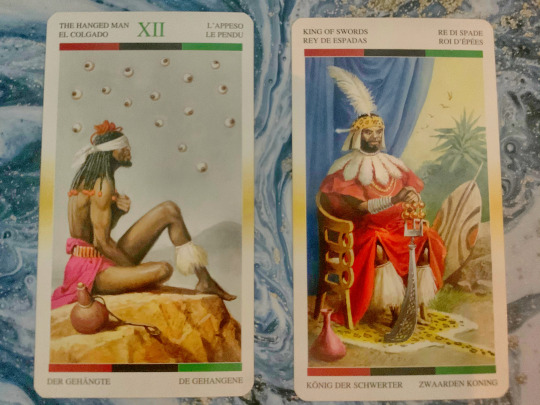
Card #1: What do you need to know about where you will be in a year from now?
The Observer / Hanged Man - In the African American tarot, this card is represented by Ifa, the collective oral history and divination system of the Yoruba people. For you, this speaks to great wisdom and vision that you’ll have access to but also sacrifices you’ll have to make in exchange for these gifts.
In a year from now, if all succeeds, you will be in a very difficult place, but it’s where you're meant to be. You will be on the edge of a whole new stage of your life - both in terms of spiritual growth and your personal development across other aspects of your life. It is the culmination of all your hard work between now and then, a big milestone and transition from one phase of life to another that reflects your progress and achievements.
The difficult part of all this is that it won’t always feel that way... you will gain so much at this point in your life but it will also feel as if you have lost much of what is important to you. You won’t have the same freedoms or choices then as you do now because of the responsibilities that you will take on. These limitations will be very difficult for you to accept, but it is important to understand that it was necessary.
Card #2: What lesson will you need to learn in order to get there?
King of Swords - As I drew the first card for your reading, I had a strong sense that another needed to be pulled as well to answer this question. The King of Swords is the great protector and divine father, Asa, from Kenya.
For you, Asa represents the strength and wisdom of a true king, who sees his people not as subjects but as the children he watches over within his big family. Asa’s power comes from his intellect, and how he remains calm and rational even when others are fighting or wrong him. He has the right discernment to know how to walk the right path.
In order for you to be ready to make emotionally challenging decisions and reach that milestone, you will need to set aside fears, doubts, and resentment. You will need to learn that same kind of discernment to understand what you will need to be willing to give up in exchange for wisdom and insight. Moving forward in this way isn't about getting even, it's about remaining true to yourself and investing in what you truly need to grow.
#divination#impactreading#theokraproject#blacklivesmatter#blacktranslivesmatter#africanamericantarot#asa#ifa#orunmila#orisha#tarot#tarotreading
17 notes
·
View notes
Text
⭐⭐⭐Deities⭐⭐⭐
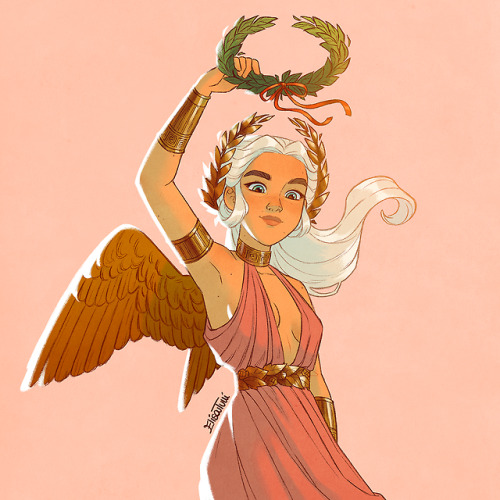
⭐ In Wicca, the deities are gods or goddesses that we follow and worship. There are so many deities that you could follow and many ways that you can choose to see and worship them. There are no right or wrong choices here. It simply depends on what feels right to you- which deities you feel drawn to and also the path that you decide to take as a Witch. ⭐ Do not be put off Wicca because the idea of having a god or goddess doesn’t feel like your thing. Following deities is actually very simple. A lot of Wiccans don’t think of gods and goddesses as actual people, higher beings, someone that once existed or as all-knowing creators of everything. Instead, we view deities as personifications of nature. Each deity represents a different aspect of something that we experience on this earth, including the natural world; there is a god or goddess to represent every single aspect of the earth and all that comes with it. It becomes easier to connect with nature if we see aspects of it in human form, because we find it easier to understand and visualize looking up to, listening to and communicating with people. So, we see deities as just human forms of nature. For example, the Armenian deity Anahit is the goddess of fertility,healing,wisdom, and water, and we think of her as the personification of these elements and powers and the spiritual energies surrounding them. Of course, you can also believe in deities in the traditional way, as supernatural powers that keep whatever they represent and look after in balance; that’s just another way of believing in your deities. ⭐ Some witches might follow a group or pantheon of deities such as the Celtic, Norse or Egyptian gods and goddesses. It’s also a common idea that gods and goddesses from different pantheons represent similar things, so they are actually similar deities that have originated from and developed and adapted in different civilizations and cultures throughout the world. If you believe this train of thought and you are happy to potentially honour all of the deities, depending on which feels right for you at the time, you could be an eclectic witch , or you could just choose one group of deities to work with if you prefer and still follow this belief, but just choose one pantheon that suits you best and you feel drawn to. Some witches only worship one or two deities and others may choose to work with one god or goddess if the pull towards that one deity seems sufficient. Some witches follow the traditional Gardnerian teaching, believing there is only one god and one goddess- the god of the sun and the goddess of the moon. There are so many deities deities that you can follow from different cultures and countries. Don’t worry if it takes you a while to find which gods and goddesses feel right for you. You can worship deities from anywhere in the world, but there are a few common ones that you hear about frequently in Wicca. This doesn’t mean that you have to follow these ones, there are just a few of the options:
(ALSO YOU CAN CHOOSE NOT TO WORK WITH ANY DEITY/GOD OR GODDESS, MAKE YOUR CRAFT YOUR OWN <3 )
~~~~~~~~~~~~~~~~~~~~~~~~~~~~~~~~~~~~~~~~~~~~~~~~~~~~~~~~~~~~~
⭐ ⭐ ⭐
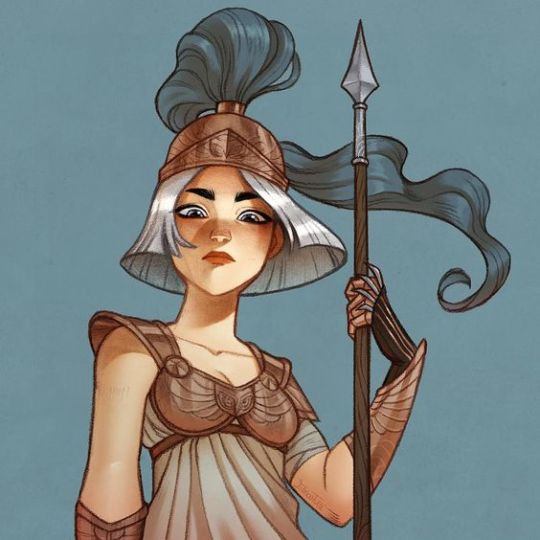
Art By: elisa_tulli on instagram
GREEK:
Apollo- god of music,prophecy, truth, healing, the sun and light
Aphrodite- goddess of love, beauty, eternal youth and fertility
Ares- god of war
Artemis- goddess of the hunt, wild animals, chastity and childbirth
Asteria- goddess of falling stars and night-time prophecies
Athena- goddess of wisdom, strength, crafts and knowledge
Aura- goddess representing a gentle breeze
Demeter- goddess of the harvest
Eos- goddess of the dawn
Eros- god of love
Hecate- goddess of magick, witchcraft, ghosts and the night
Hades- god of the underworld
Helios- god of the sun
Hera- goddess of women, marriage and family
Hermes- god of trade, shepherds, travel and literature,particularly of poets, also the messenger of the gods
Nyx- goddess of the night
Persephone- goddess of the spring and queen of the underworld
Poseidon- god of the sea, earthquakes, floods and horses
Rhea- mother of gods and goddess of motherhood and female fertility
Selene- goddess of the moon
Styx- goddess of the river Styx which divides earth from the underworld
Thea- goddess of sight and divine light
Zeus- the god of the sky and the ruler of the Olympian gods
⭐ ⭐ ⭐
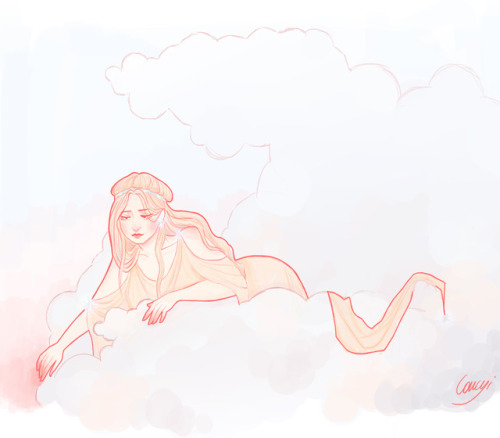
Art By: coucyi on tumblr
ROMAN:
Apollo- god of light, music and healing
Aurora- goddess of the dawn
Bacchus- god of wine, farming and fertility
Ceres- goddess of the harvest and a mother’s love
Cupid- god of love
Diana- goddess of the hunt, nature and the moon
Juno- goddess of love and marriage
Jupiter- god of thunder and sky
Luna- goddess of the moon
Mars- god of war
Minerva- goddess of wisdom, war, commerce, crafts and poetry
Neptune- god of the sea
Pluto- god of the underworld
Proserpine- goddess of the underworld
Sol- god of the sun
Terra- goddess of the earth
Venus- goddess of love
⭐ ⭐ ⭐
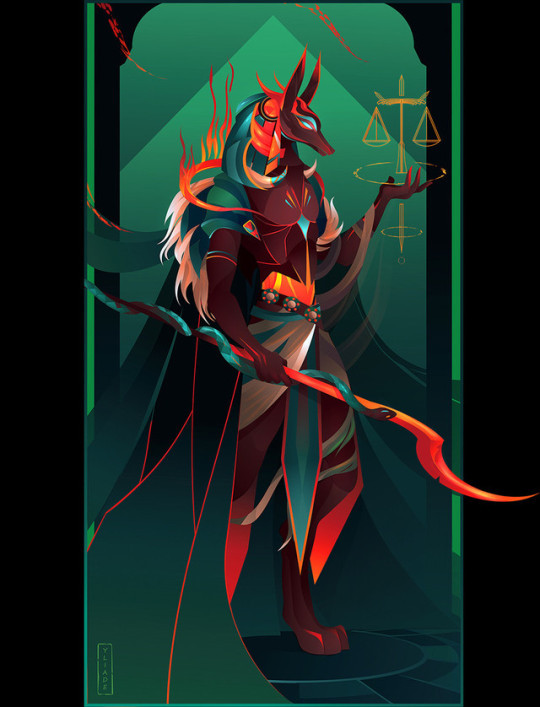
Art By: yliade-illustrations
EGYPTIAN:
Amun- god of the sun, the air and life
Anubis- god of the dead
Bast- goddess of protection, cats and of the home
Bes- god of war, but also of the home
Hapi- god of water and fertility who brought the annual flooding to the Nile
Hathor- goddess of joy,love,motherhood,beauty and fertility
Horus- protector of Egypt
Isis- goddess of fertility and empowerment
Khensu- god of the moon
Maat- goddess of truth,justice,stability and harmony
Min- god of fertility and male sexuality
Mut- goddess, mother figure
Neith- goddess of war
Nut- goddess of the sky and the heavens
Osiris- god of the afterlife
Ptah- god of craftsmen and creation
Ra- god of the sun
Sekhmet- goddess of destruction,war and healing
Set- god of disorder, storms and war
Shu- god of dry air and the earth’s atmosphere
Taweret- goddess of childbirth
Tefnut- goddess of water, moisture and rain
Thoth- god of writing, science, magick and the moon
⭐ ⭐ ⭐

Art By: by Raphael Lacoste
CELTIC:
Aine Of Knockainey- goddess of love, crops, and farms
Airmid- goddess of medicinal plants and regeneration
Amaethon- god of agriculture and luck
Andraste- goddess of the moon and divination
Angus Og- god of youth, beauty and love
Anu- goddess of the moon,fertility,prosperity and comfort
Arawn- god of the underworld,revenge,war and terror
Artio- goddess of animals and fertility
Bel- god of representing sun and fire
Bendigeidfran- god of the arts,music,writing and prophecy
Branwen- goddess of love and beauty
Bres- god of the agriculture and fertility
Brigit/Brigid- goddess of fire,sun,hearth,fertility,crafts,inspiration, home and divination
Cailleach- goddess of the winter months
Ceridwen- goddess of poetic inspiration
Cernunnos- the horned god of nature, the underworld,wealth and physical love and masculine energy
The Dagda- god of protection,weather and knowledge and the father god of Ireland
Danu- goddess of water,wizards,magick and wisdom
Latobius- god of mountains and sky
Lugh- god of craftsmanship and light
Manannan- god of the sea
Maponus- god of music and poetry
Morrigan- goddess of war
Nuada- god of war
Rhiannon- goddess of horses
Taliesin- god of poets
Taranis- god of thunder and the wheel
⭐ ⭐ ⭐
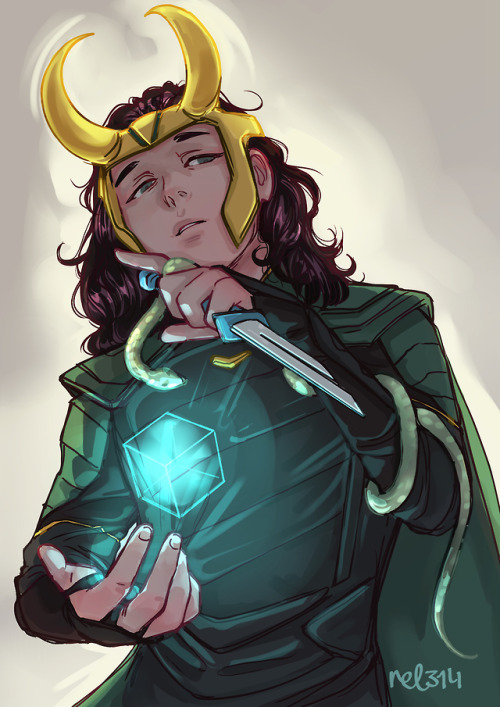
Art By: nel314
NORSE:
Aegir- god of the sea
Balder- a gentle,pure and wise god
Bragi- god of poetry and eloquence
Eir- goddess of healing
Forseti- god of justice
Freyja- goddess of fertility, beauty and war
Frigg- goddess of love, fertility and motherhood
Gefion- goddess of fertility
Heimdall- god of light
Hel- ruler of the underworld
Lofn- goddess of marriages
Loki- the trickster of the Norse gods
Njord- god of the wind and sea
Odin- King of the Norse gods; god of poetry,war,death and wisdom
Sif- goddess of fertility
Sjofn- goddess of passion
Skadi- goddess of winter, the hunt and mountains
Thor- god of thunder
Ullr- god of archery and skiing
Var- goddess of marriage oaths
Vor-goddess who knows everything
⭐ ⭐ ⭐
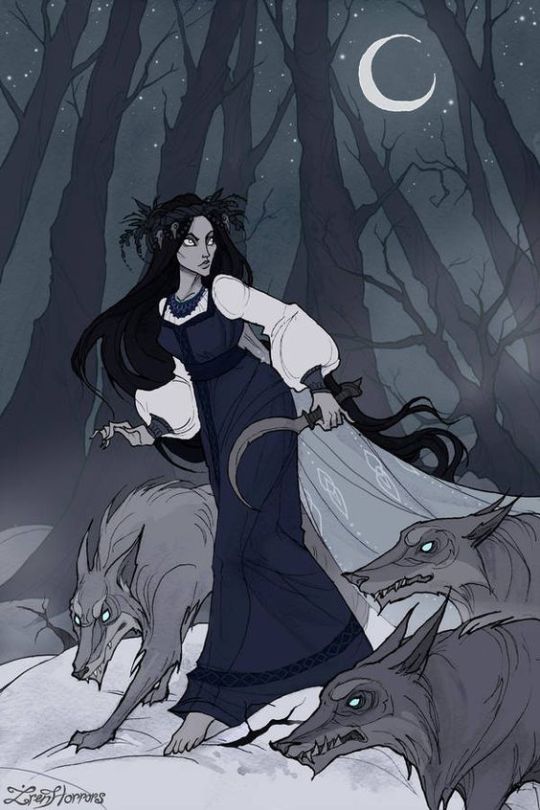
Art By:IrenHorrors
SLAVIC:
Dazbog- god of the sun
Jarilo- god of war,spring,fertility and harvest
Lada- goddess of love,marriage,summer,beauty and fertility
Morana- goddess of harvest,winter,death and witchcraft
Perun- god of thunder and lightning
Rod- the supreme god
Svarog- god of fire
Svetovid- god of war and fertility
Triglav- god of war
Veles- god of earth,forests,waters and the underworld
Vesna- goddess of spring,love and youth
Zaria- goddess of beauty
Ziva- goddess of love and fertility
⭐ ⭐ ⭐
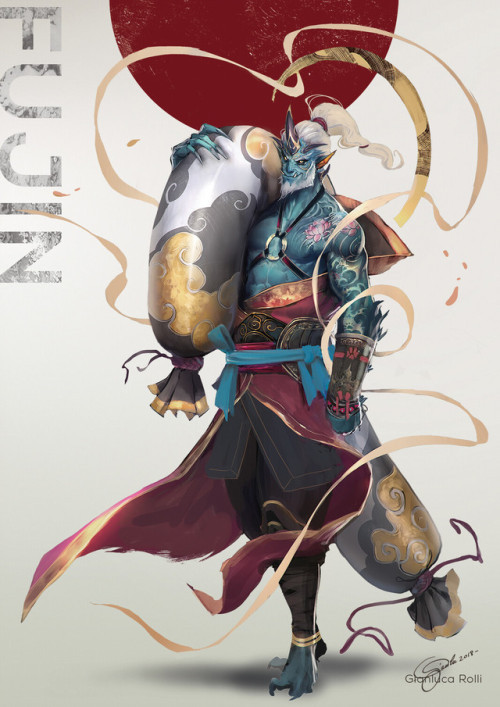
Art By: meninfantasyart
JAPANESE:
Amaterasu- goddess of the sun and the universe
Benzaiten- goddess of literature, music, love and wealth
Ebisu- god of fisherman,luck,prosperity and crops
Fujin- god of the wind
Inari- goddess of prosperity,fertility,rice,tea,sake,agriculture and industry
Jizo- the guardian of children, childbirth,women and travelers
Kannon- goddess of mercy
Raijin- god of lightening, storms and thunder
⭐ ⭐ ⭐
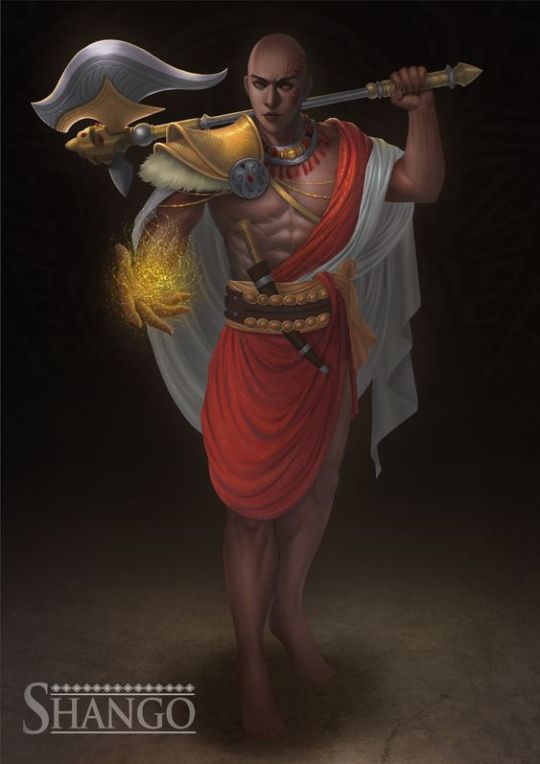
Art source: ArtStation.com WeiSiem Lee
AFRICAN:
Anayaroli- god of harvest and wealth (the Temne of Sierra Leone)
Asa- god of protection and mercy (the Kamba of Kenya)
Asase Yaa- goddess of fertility (the Ashanti of West Africa)
Chiuta- god of rain (the Tumbuka in Malawi)
Inanna- goddess of sky,war and love (the Banyarwanda)
Jok- god of rain (Zaire and Uganda)
Mungo- god of rain (Giriama of Kenya)
Ngami- goddess of the moon
Ochumare- goddess of rainbows (the Yoruba)
Ogun- god of war and iron (the Nago and the Yoruba)
Olorun- creator god (the Yoruba)
Oshun- the goddess of love and fertility (the Yoruba)
Oya- goddess of storms (the Yoruba)
Rock-Sens- god of weather (the Serer of Gambia)
Ruhanga- creator god and god of fertility,disease and death (the Banyoro of Uganda)
Shango- god of thunder,war and magick (the Yoruba)
Yemaya- goddess of the seas and rivers (the Yoruba)
Yemoja- goddess of the river,women and children (the Yoruba)
⭐ ⭐ ⭐
-Source: Wicca By Harmony Nice
#witchcraft#witch#wicca#wiccan#witchy#witchy thoughts#witchy tips#beginner witch#gods#goddess#mythology#paganism#pagan#pagan wicca#magick#witchblr#spells#love#healing#heart#witches#deities#deity#modernwitch
1K notes
·
View notes